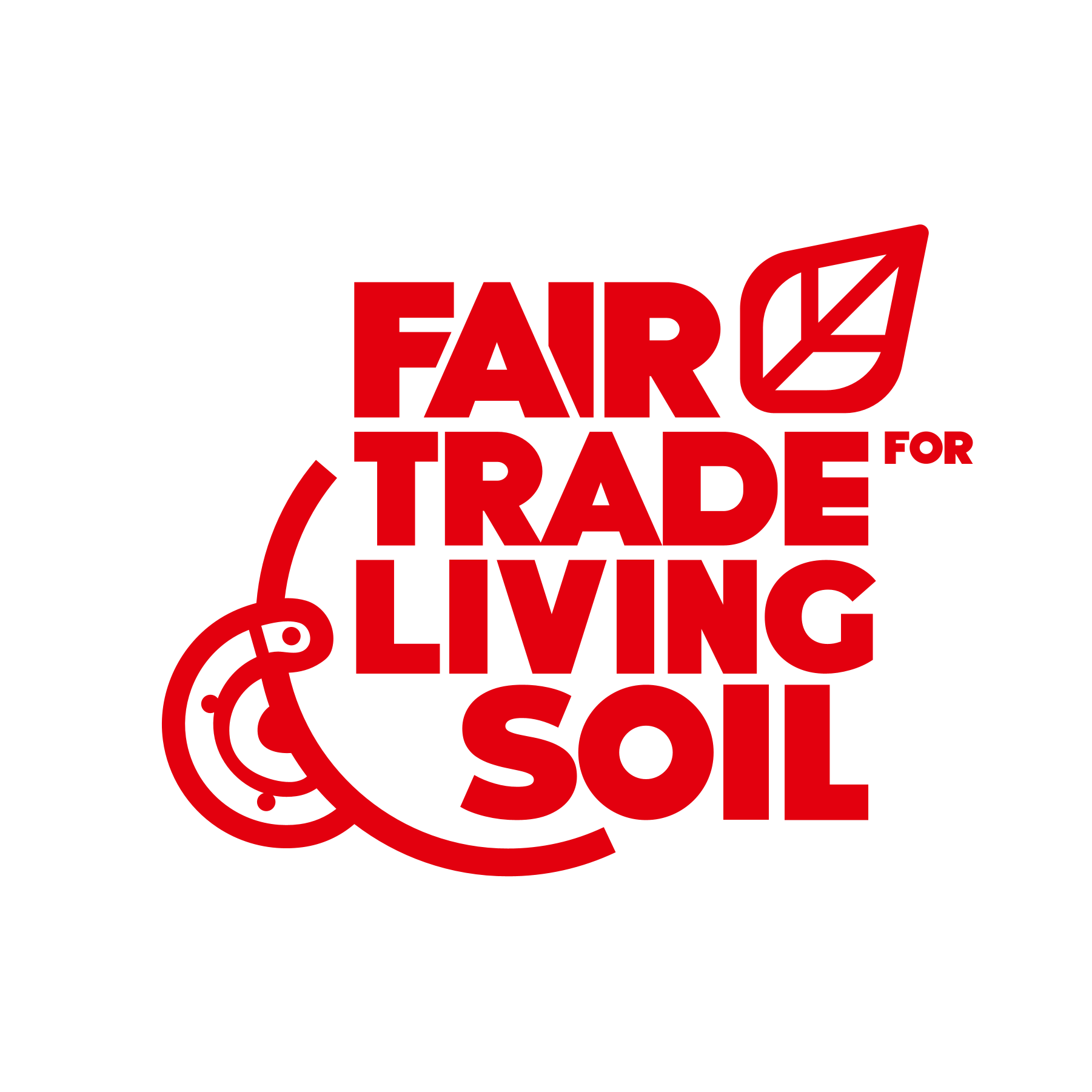Restoring What We Have Taken from the Earth
Fair Trade for Living Soil

Repairing, Not Exploiting
Modern agriculture has long relied on chemical fertilizers and intensive cultivation — practices that have stripped the soil of essential nutrients.
“Fair Trade for Living Soil” is more than a slogan; it’s a moral and scientific response to this imbalance.
By reinfusing over 17 essential nutrients into the soil through advanced biotechnological formulations, this principle aims to rebuild the living ecosystem beneath our feet — ensuring that what we grow nourishes both people and the planet.
Earth Foods’ Whole-Nutrient Organic–Inorganic Fertilizer embodies this philosophy. It doesn’t merely feed the plant — it returns life to the soil before it’s too late.
Most commercial fertilizers supply only nitrogen (N), phosphorus (P), and potassium (K).
The “Fair Trade for Living Soil” approach restores balance by delivering a complete nutrient spectrum — including calcium, magnesium, sulfur, iron, zinc, boron, manganese, molybdenum, and others — ensuring plants and microbes receive the full nourishment they require.
This principle recognizes that sustainability comes from balance, not extremes.
By merging organic matter with mineral nutrients, Earth Foods’ formula achieves:
Organic materials that feed and sustain beneficial microbes
Inorganic minerals that provide immediately available nutrients
Together, they stimulate microbial activity and restore the soil’s natural fertility cycle.
Overreliance on synthetic fertilizers and pesticides has weakened soil life.
“Fair Trade for Living Soil” reverses this degradation by promoting microbial diversity — allowing soil organisms to decompose organic matter, fix nitrogen, and regenerate natural fertility.
Healthy soil leads to nutrient-rich crops.
When the full range of nutrients is present, plants become stronger, more resilient, and more efficient in photosynthesis — resulting in safer, tastier, and higher-quality food.
For too long, agriculture has operated on a one-way exchange — taking from the earth without giving back.
“Fair Trade for Living Soil” redefines this relationship as a fair exchange: we replenish what we harvest, sustaining both productivity and ecological balance.
Short-term chemical gains have long-term environmental costs.
By prioritizing soil regeneration, this model supports:
Reduced chemical dependency
Improved water retention and reduced erosion
Lower carbon footprint
Long-term resilience of farmlands
It’s a shift from extractive agriculture to restorative agriculture — one that values continuity, not just yield.
Copyright © 2023 INO Nature. All rights reserved.